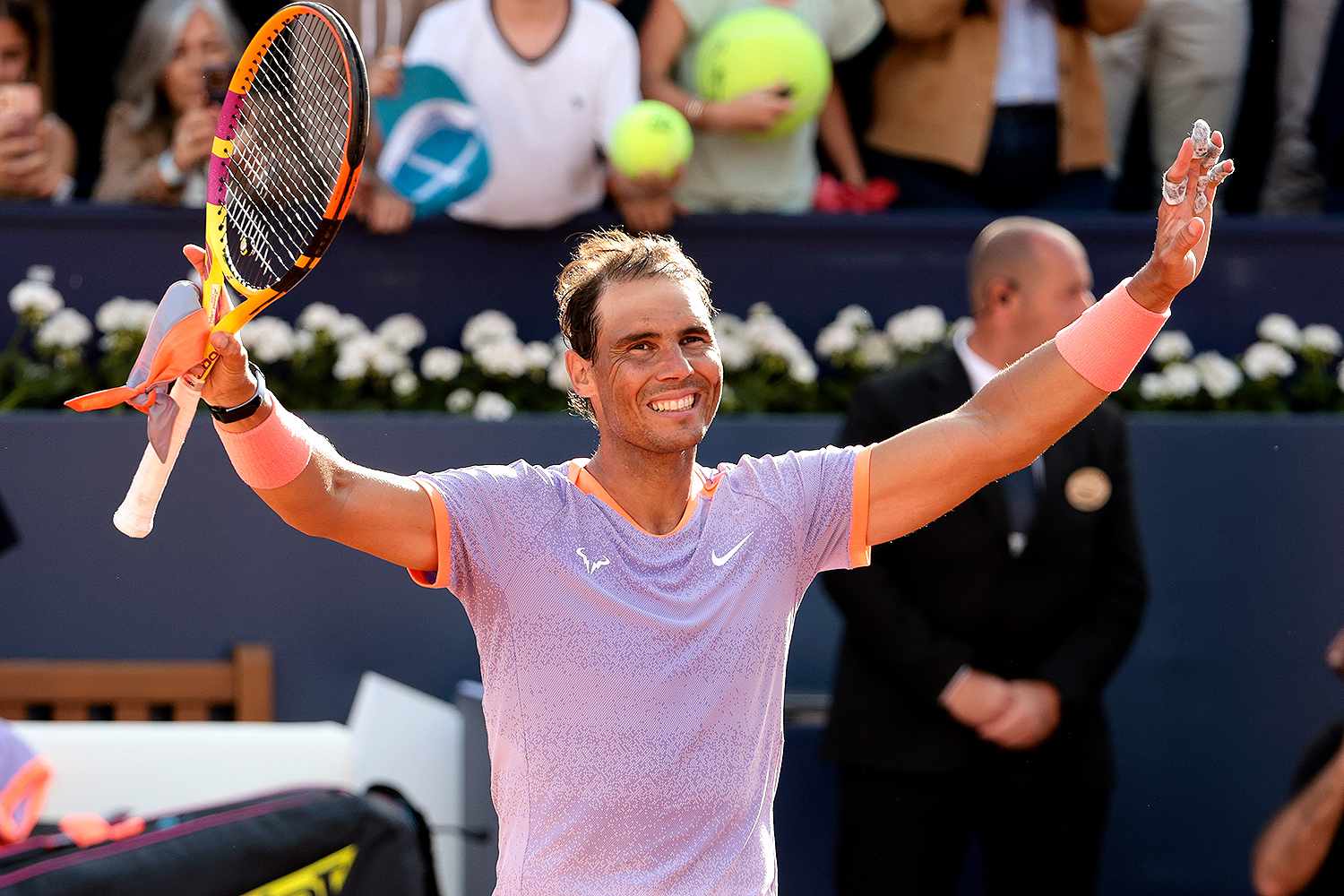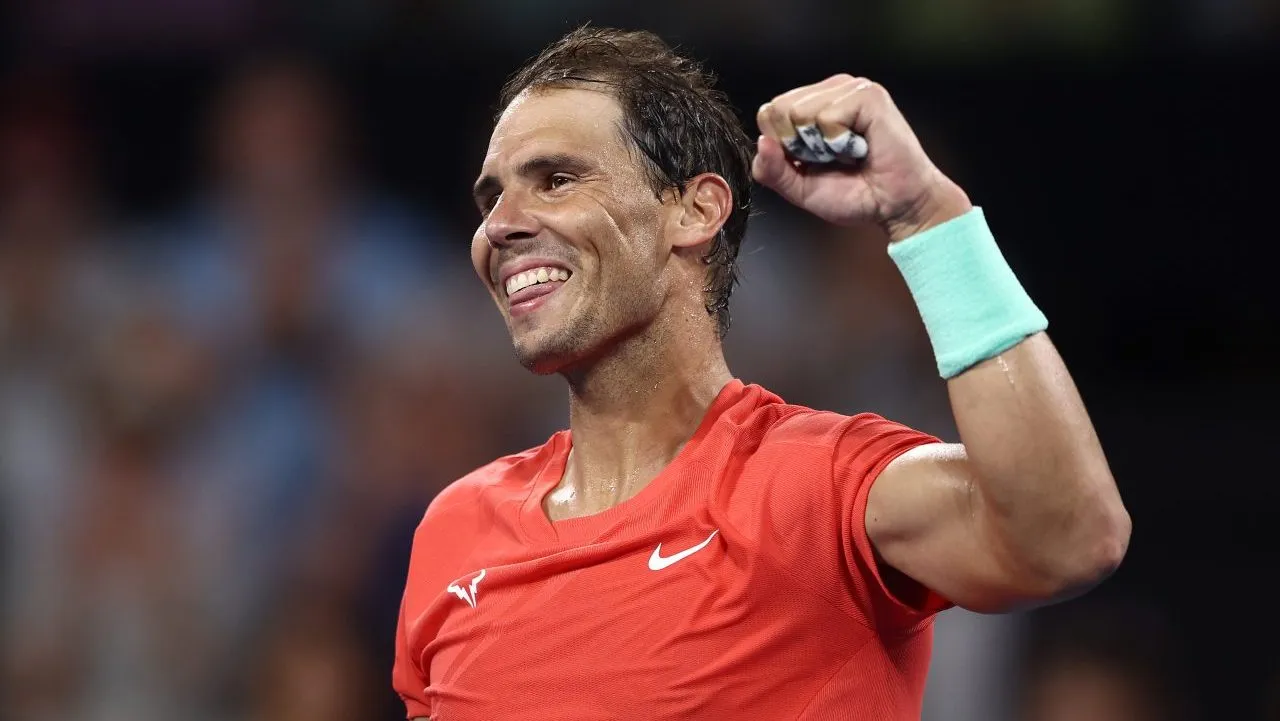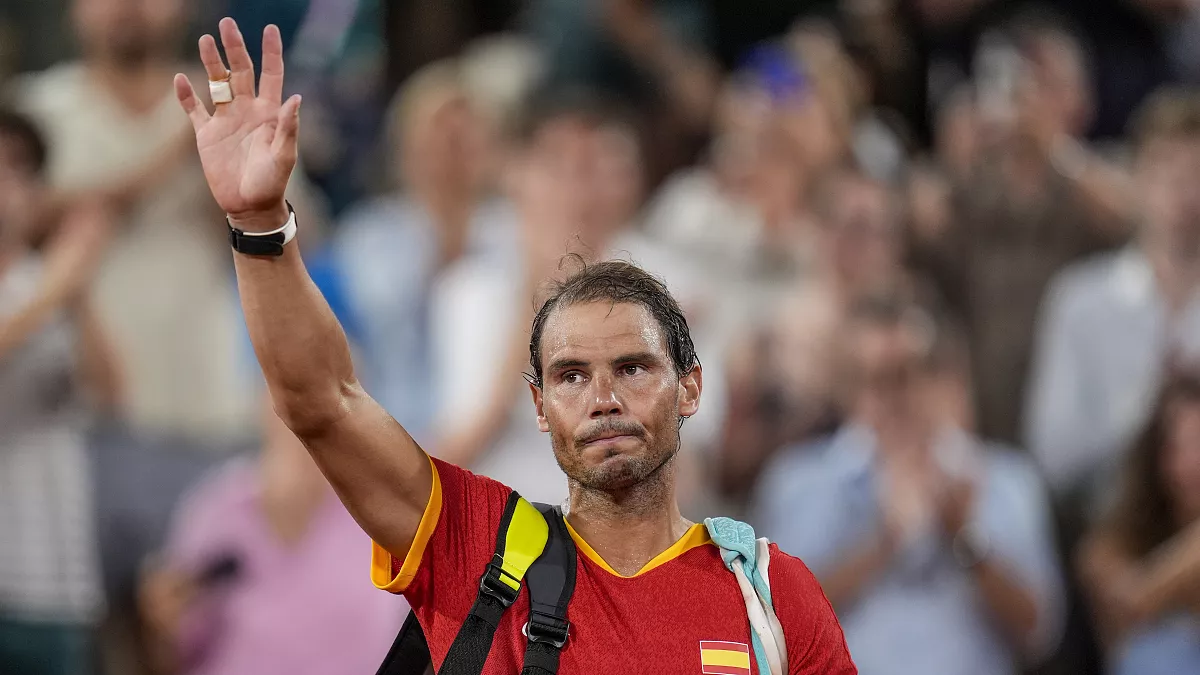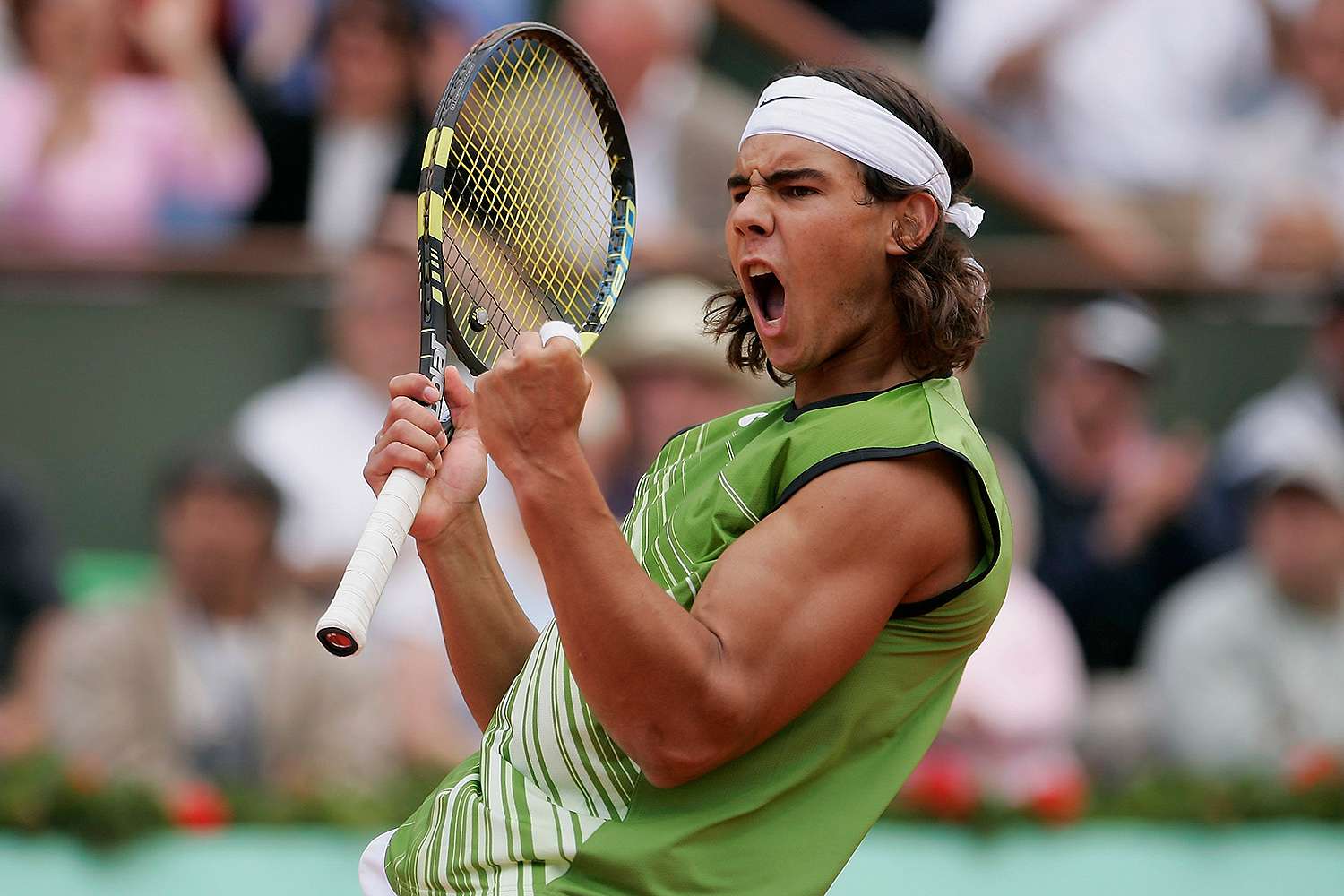In the fiercely competitive world of professional tennis, Rafael Nadal stands out not just for his relentless power and clay-court mastery, but for a rare discipline that sets him apart from his contemporaries. This unique attribute of Nadal’s persona can largely be attributed to a pivotal moment early in his career, shaped by his mentor and uncle, Toni Nadal. The edict he laid down for his young protégé was simple yet strict: “You throw one racket and I’m no longer your coach.”

The Ultimatum That Shaped a Champion
The relationship between Rafael Nadal and his uncle Toni has been a central narrative in sports circles, illustrating a journey marked by rigorous discipline and mutual respect. Toni Nadal, who began coaching Rafael when the latter was just three years old, instilled values in him that are often unseen in the high-pressure environment of top-tier tennis.
“You throw one racket and I’m no longer your coach.”
This discipline highlighted an important lesson in gratitude and humility.
“There are millions of kids in the world who would love a racket and don’t have one,”
Toni recounted to Tennis World USA, emphasizing the privilege that comes with professional sports.

Nadal’s Composure: A Rarity in Tennis
Rafael Nadal’s career is notable for his absence of the outbursts and racket-smashing that sometimes characterize his peers. Unlike Novak Djokovic and Roger Federer, who have had their moments of visible frustration, Nadal has maintained remarkable composure, which has become one of his defining characteristics. This self-control is not just a personal trait but a cultivated behavior, deeply rooted in the values instilled by his uncle.
“I was tough because I think a person needs to be prepared for any situation, especially the difficult ones,”
Toni explained in a 2020 interview with Spanish media. He believed that this tough love was necessary to prepare Rafael for the challenges of professional sports.

Beyond the Court: The Legacy of a Mentor
The journey between the Nadal duo continued until December 2016, when Toni stepped back, making way for Carlos Moya to join Rafael’s team. Despite the change in coaching, the foundations laid by Toni remain evident in Rafael’s approach to the game and life. Rafael never experienced a “rebellious” phase during his adolescence, a testament to the strong educational and moral foundation provided by his uncle.
Toni officially ended his coaching role in February 2017, but his influence on Rafael’s career is indelible. As Rafael continues to compete at the highest levels into his late thirties, the principles of respect, discipline, and mental fortitude are as visible as ever. These qualities not only distinguish him in the annals of tennis history but also serve as a blueprint for young athletes everywhere.
In sum, Rafael Nadal’s career, marked by a lack of racket-smashing incidents and an exemplary display of sportsmanship, is a narrative that goes beyond mere talent. It is a compelling story of character, discipline, and the enduring impact of a mentor’s wisdom, making it clear why Nadal remains not only a champion on the court but a role model off it.

I am a writer with a passion for technology and gaming. I write about a variety of subjects, including Esports, Games, Shows, and Sports. I create engaging and informative content for Hiptoro.

